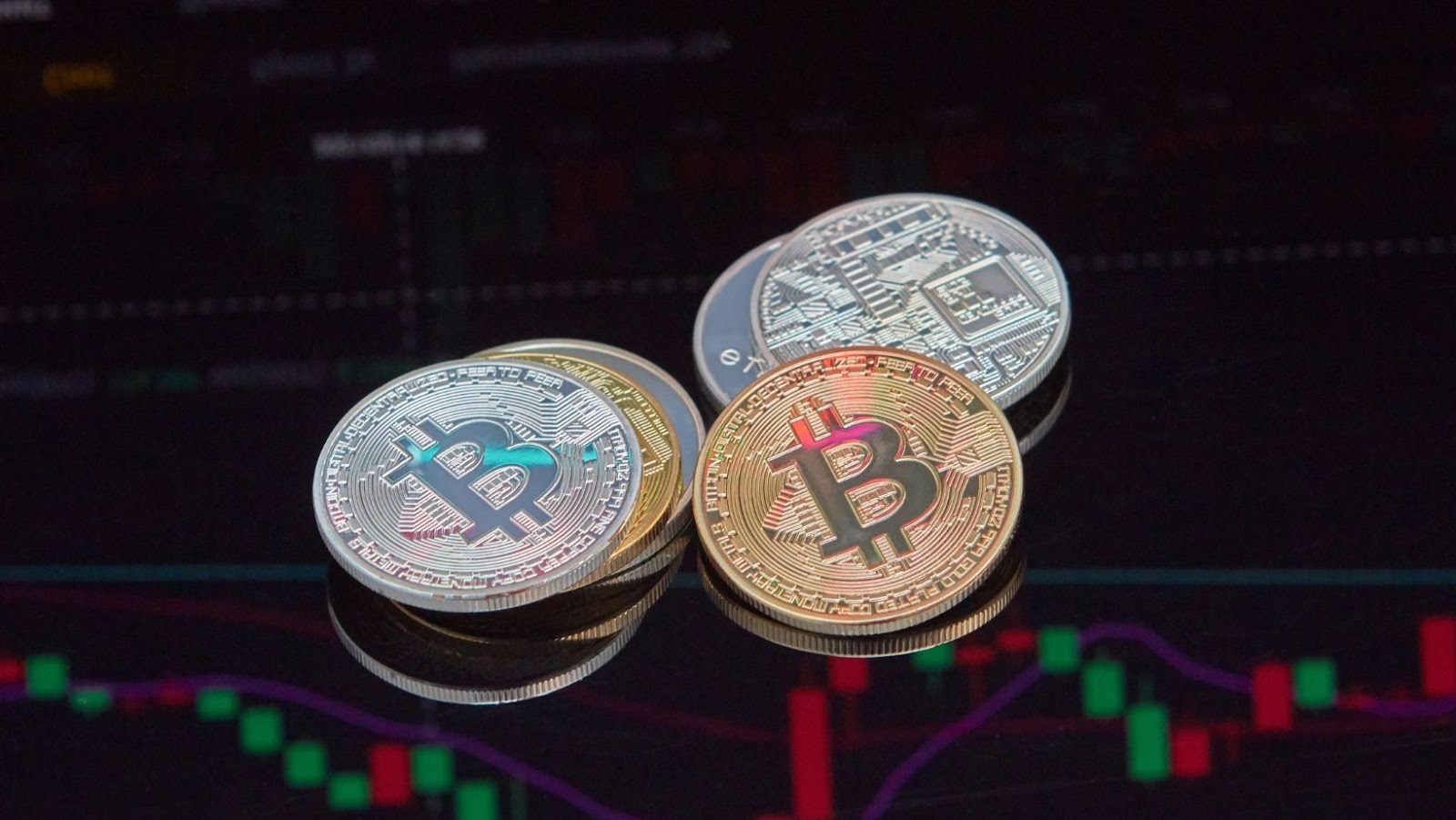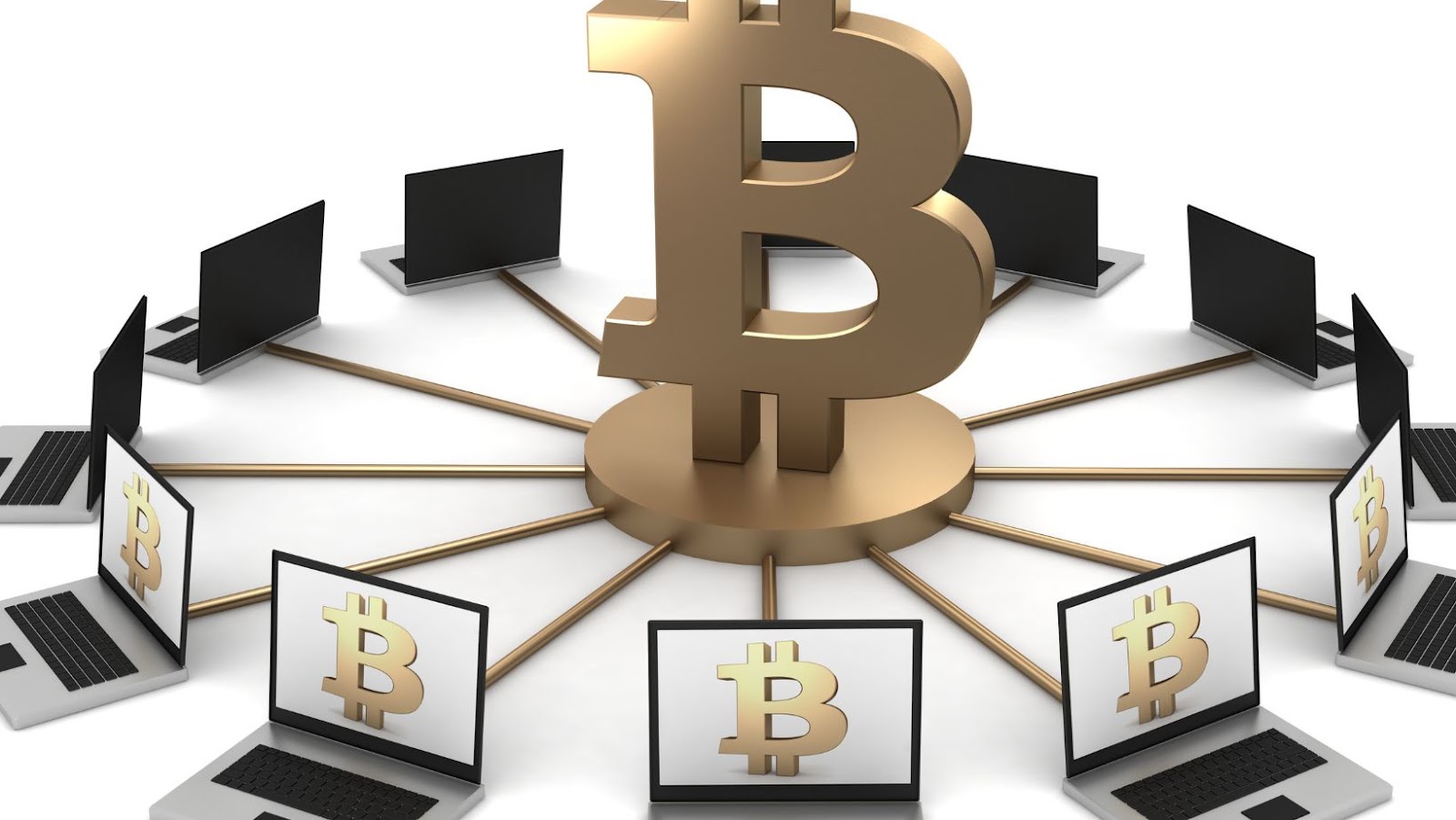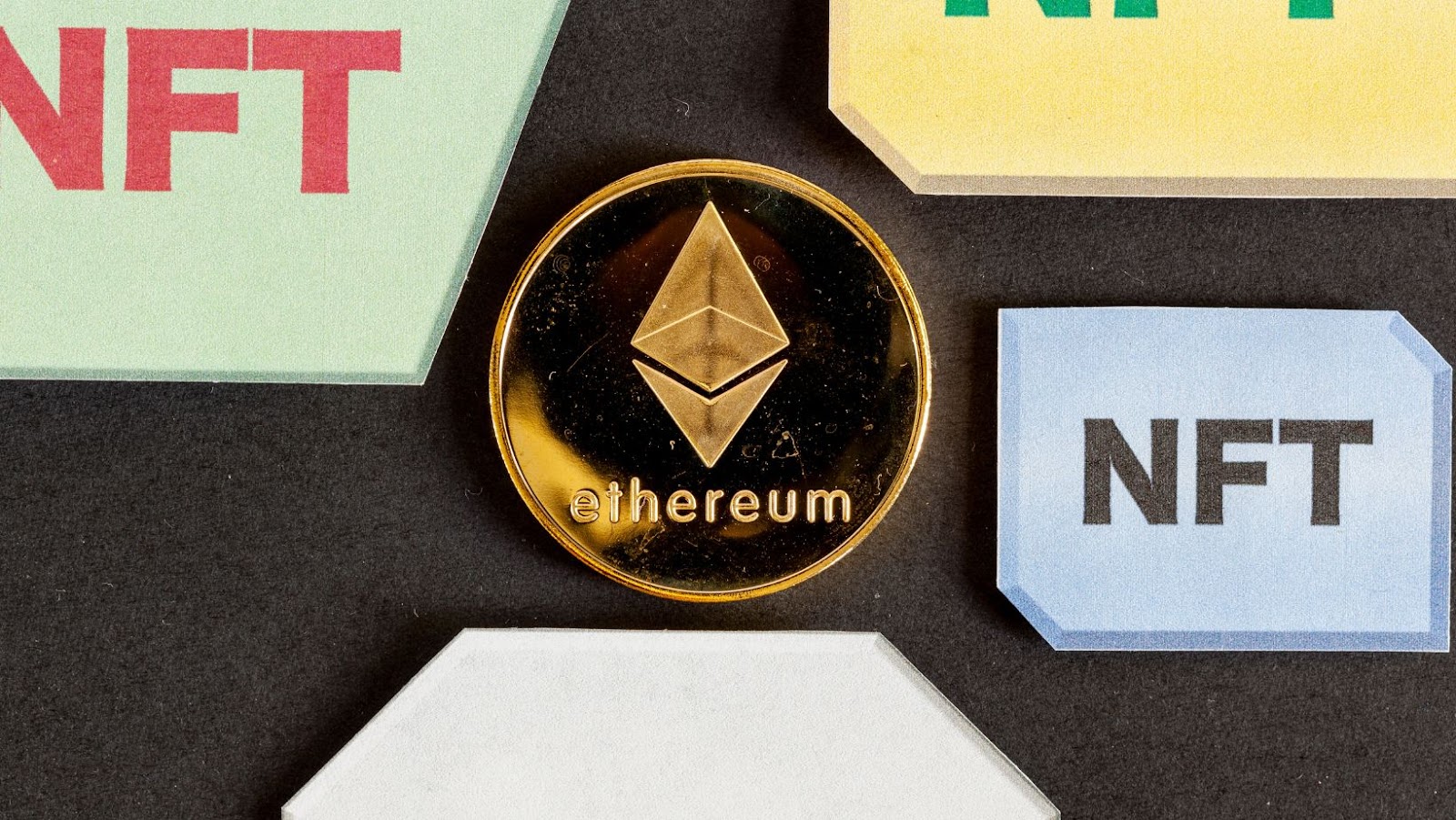Overview of Fractal
Fractal is a new NFT marketplace founded by Justin Kan, Vicra Luo, and Khalil Smith. The company recently raised $35 Million in a Series A funding round to help expand their platform.
Fractal’s mission is to build the future of digital art, giving artisans access to new digital products and allowing them to easily monetize their creations.
In this article, we will explore the concept of Fractal, as well as the future of the company.
What is Fractal?
Fractal is an exciting new technology that has been making waves in computer science and beyond. It is a branch of mathematics that deals with recursive processing, employing algorithms to iterate an object as many times as needed until the desired outcome is reached. It’s like a block of self-replicating code to create incredibly complex patterns, shapes and images. Fractals can be used for a wide range of applications, from visualising financial data to video processing, digital art and 3D modelling.
The potential for Fractal goes far beyond its current uses. With the ever-growing popularity of cloud computing and real time applications, Fractal could be harnessed to calculate complex problems faster. In addition, pioneers in this field are working on leveraging it for blockchain technology and AI and machine learning applications. This could open up new avenues for businesses as problem solving becomes faster and more efficient.
At the same time, Fractal could also lead to more interactive experiences in virtual reality environments where complex structures can be quickly rendered with significant detail enabled by this promising technology. Looking into the future, it seems clear that Fractal’s potential remains largely untapped — but exciting developments are likely coming!
Who is behind Fractal?
Fractal is a research startup devoted to advancing the fundamental understanding of the universe for its betterment. Founded in 2015 by physicist and entrepreneur Max Tegmark, it has attracted a diverse and significant group of backers, including prominent figures from the fields of science, technology, finance and investment.
The team at Fractal comprises world-renowned experts in quantitative analysis, mathematics and physics. This team works with leading roboticists, computer scientists, artificial intelligence developers and industry experts to explore powerful solutions that take advantage of massive amounts of data and powerful algorithms. Together they are charting an entirely new branch of interdisciplinary scientific knowledge that will unlock unprecedented insights into the nature of the universe.
Recent Funding
The Twitch co-founder’s NFT marketplace Fractal recently announced a $35 million funding round. This new round of fundraising has generated more interest in this fast-growing sector, and has made Fractal one of the leading players in the NFT space.
In this article, we will explore how Fractal positions itself for future success by looking at the implications of this recent funding.
Breakdown of the $35 million
Fractal, a data analytics startup, raised $35 million in a recent funding round. This marks one of the largest venture fundings in the data industry this year and holds great symbolic value for the journey of data-driven applications in healthcare.
The breakdown of the $35 million comprises money from strategic investors like Qualcomm Ventures and Cisco Investments and investment firms like Sequoia Capital India and Mayfield Fund.
These funds will be used to drive research and product development in Fractal’s intelligent analytics platform that enables early diagnosis, treatment, and disease management using real-world patient medical data. The company plans to take its existing products on an accelerated growth path, enabled by this funding round. Furthermore, with an eye on expansion, it plans to use a portion of the funds to increase its footprint globally and build an extensive sales and customer support team for catering to customers worldwide.
The future looks promising for Fractal as it looks forward to making billions of lives healthier with its products backed by digital technology built for healthcare systems worldwide.
What the funding will be used for
Fractal recently completed a funding round for $10.5M in equity investment, bringing their total funding to over $18M. This newfound funding is expected to further expand the sales and marketing of Fractal’s engineering productivity platform and accelerate development on their new products and offerings such as apps and extensions.
This new infusion of capital will allow Fractal to continue expanding the reach of their product, helping more organisations optimise their engineering workflows with automation and data-driven insights. Fractal’s platform has already been adopted by large organisations such as Microsoft and Google, proving that its features can help enhance engineering efficiency. The additional funds will also help kickstart continued innovation within the company’s research & development departments and promptly boost new feature deployment.
Finally, with this new round of capital, Fractal will be able to invest in its leadership team by hiring key personnel with experience driving growth in fast-moving technology companies – a strategic move that most likely aided them in procuring further external investment. With these resources at its disposal, Fractal is prepared to take strides ahead of its competitors while gathering more momentum from customers worldwide thanks to a formidable portfolio offering compelling solutions for teams striving for engineering excellence.
Adoption of NFTs
The recent news that Twitch Co-Founder’s NFT Marketplace Fractal has raised $35 Million speaks volumes about the growing adoption of NFTs. In addition, this news signals the increasing popularity of NFTs as digital collectibles and investments, as well as a new asset class for traders and collectors.
In this article, we’ll look at the potential implications of the success of Fractal, and what it could mean for the future of NFTs.
What are NFTs?
Non-fungible tokens, or NFTs, are digital assets with unique characteristics stored on the blockchain. This blockchain technology enables a new way for digital items to be owned and traded by users. As such, NFTs have the potential to revolutionise online transactions, making them more secure, transparent and trackable.
NFTs are used to represent a variety of digital assets such as art, music, real estate, tickets and other collectibles. Each NFT is unique regarding its underlying asset and owner’s address on the public ledger. For example, one artist can issue an Ethereum-based art piece on Fractal, which can be considered an NFT where each element exists as a blockchain protocol cryptographic token.
As the use of NFTs continues to expand in scope and popularity they will remain an integral part of Francescon’s development plans for their platform – Fractal. Through thoughtful application of advanced technologies like blockchain and crypto economics they will empower creators, break down barriers between artists and fans allowing more efficient transference of value across various markets through this innovative technology.
What is the current state of NFTs?
Non-fungible tokens (NFTs) are digital assets that represent a unique item or asset, such as artwork, music, in-game items, and rare digital assets. Unlike other digital assets such as interchangeable and homogenous cryptocurrencies, each NFT is unique and cannot be replicated. They are stored on distributed ledger technology (DLT) systems such as Ethereum in smart contracts, ensuring their immutability and perfect traceability.
NFTs have been gaining traction over the past year due to the recognition of their potential for various use cases ranging from art collecting to gaming. Items like CryptoKitties have even gained widespread recognition as one of the pioneers of NFTs in gaming. In addition, many crypto exchanges have added support for NFT markets allowing users to trade these assets much like other virtual materials.
Several companies have developed solutions enabling users to create their own NFTs such as Token Factory and OpenSea. In addition, new applications for managing collections are also emerging with tools to help buyers find what they need among different offerings available on various marketplaces. For instance, Fractal allows users to buy and organise their entire collection, including searching based on specific criteria such as features or price ranges across decentralised networks. This is a significant move towards consumer mass adoption whereby ordinary people can easily access sophisticated tools without any knowledge or technical background related to blockchains or digital currencies.
At the same time, various governments around the world are introducing legislation aimed at regulating this burgeoning industry with an emphasis on KYC/AML compliance while balancing it out with enough flexibility for innovation to proceed without stifling it altogether keeping in mind today’s interconnected nature between countries when it comes technological advancements like blockchain-based solutions. All these developments will shape how users interact with this new form of collectibles in the years ahead ushering governments into a new era filled with endless possibilities.

What is the potential for NFTs?
Non-Fungible Tokens (NFTs) are a new form of digital asset that could drastically change how we invest and trade. Unlike other forms of digital currencies, NFTs are cryptographically secure, one-of-a-kind assets, offering true scarcity and divisibility. This means they are unique and can be divided into smaller pieces to make purchasing and trading digital assets easier.
As the NFT market grows, the potential benefits they provide investors will also become more apparent. The properties of an NFT make it ideal for decentralised applications (dApps) as they can be easily verified on a blockchain platform with the assurance that it is legitimate. Additionally, due to their appendable nature, these tokens can be used as collateral within dApps or traded within their marketplaces. Ownership over an individual NFT also brings with it certain rights over the asset, such as granting permissions to access content or resources associated with the token or influencing decisions about its future use or development.
Not only does this type of token carry immense value for investors, but companies could also benefit from it. Incorporating NFTs into their business models could reduce transaction costs for products through decentralisation and automation, which help reduce risk exposure in the market overall. Consequently, this competitive edge will almost certainly drive adoption forward as companies look to capitalise on such advantages in their industry pursuits. Therefore, there is clear potential for major financial institutions to integrate these tokens to gain more efficient settlement methods, ultimately enhancing asset market liquidity levels while providing simpler exchange terms/processes and reducing credit risks on both sides of transactions. This may well open up entirely new industries where interoperability between different businesses is commonplace, allowing ecosystems that span many verticals, thus creating real-world use cases on large scales, heralding a very exciting future for Fractal’s innovative platform and technology.
Twitch Co-Founder’s NFT Marketplace Fractal Raises $35 Million
Fractal, the NFT marketplace founded by former Twitch co-founder Kevin Lin, has recently raised $35 million to continue to grow its platform. This major capital infusion signals a bright future for the company as it explores new opportunities in the growing NFT space.
Now, let’s explore what’s next for Fractal.

What new features and services will Fractal offer?
As a cutting-edge technological company, Fractal is always looking to the future. By leveraging the latest technologies, Fractal can provide their clients more efficient and effective services and products.
Fractal’s focus has been on creating cutting-edge AI applications that significantly improve how businesses operate, from supplying virtual assistants with natural language processing capabilities to building custom machine learning models for companies of all sizes. Some of the features and services being developed by Fractal include:
• Streamlined Chatbot Technology – This feature allows customers and business owners to communicate in natural conversation through automated chatbots powered by artificial intelligence (AI). Together with language processing technology, this can drastically speed up client communication and customer service needs.
• User Predictions Tools – Leveraging user data collected across many platforms, Fractal aims to offer prediction tools for customer interaction preferences. With these analytical tools businesses can make better informed decisions about customising their user experiences.
• Intelligent Data Insights – With access to massive amounts of data collected from devices, apps and other sources across their customer base, businesses can use intelligent insights from Fractal to uncover trends or improve product design or marketing strategies in real time with minimal effort.
• Voice User Interface Design – As voice technology becomes increasingly popular in consumer devices, AI-powered VUIs will allow business owners to create an enhanced customer experience where customers interact via voice commands rather than typing on a device or keyboard. This could help businesses save time and effort in customer interactions while providing a personalised experience.
These technologies will keep evolving as technology advances at an ever faster pace. By staying ahead of trends and pushing boundaries through innovation, Fractal will ensure they are always at the frontline when providing state-of-the-art solutions that meet today’s consumer demands.
What challenges will Fractal face in the future?
Shortly, Fractal will face major challenges arising from an increasingly digital world. Automation is a key challenge which could drastically reduce the need for Fractal’s services. Increased competition will also play a major role in the future of Fractal, as more and more firms utilise advanced data analysis and machine learning algorithms. As a result, they may try to undercut prices within this sector, making it hard for Fractal to remain profitable.
Fractal will have to combat these challenges by staying ahead of its competition in terms of technology and service offerings. They must focus on providing innovative, effective solutions that meet customer demands now and in the future. The company must be open to experimenting with autonomous solutions while ensuring their services focus on customer needs rather than product development alone. Additionally, Fractal should work hard to ensure that clients are aware of their unique offerings compared to their competitors, to maintain market share during this difficult period for the industry.
tags = Twitch Co-Founder, Kan, Raises $35 Million, cryptocurrencies, NFT, Twitch, justin nft fractal capital solana labstakahashiventurebeat, solana, coinbase, paradigm capital, justin kan



More Stories
How Yalo plans to capitalize on Whatsapp’s user base
What is Peter Molyneux’s NFT Game?
Who is Nvidia Ceo?